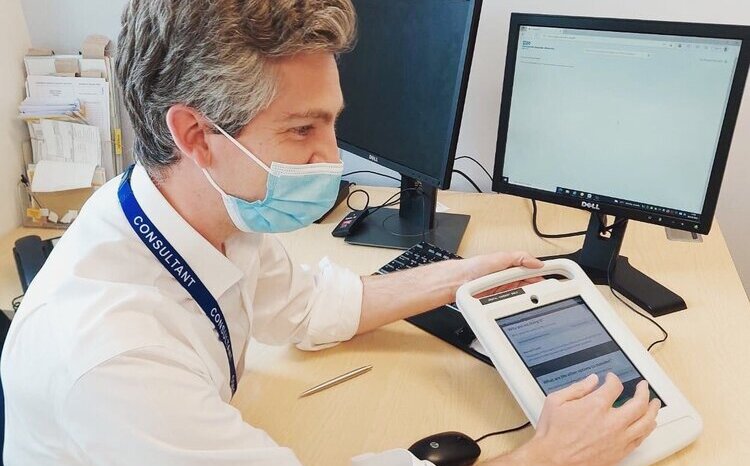New guidance on information disclosure to PCTs
- 14 August 2007
The British Medical Association has issued new guidance to GPs on confidentiality and disclosure of information to primary care trusts.
The guidance sets out the general principles governing disclosure of information to PCTs for secondary uses and when GPs need to obtain explicit or implied consent.
Examples of disclosure required by PCTs include financial audit including the Quality and Outcomes Framework annual review process and post-payment verification or where the PCT is required to carry out surveys on behalf of other NHS bodies.
The guidance says PCTs may require disclosure of confidential, identifiable information to enable them to carry out their proper functions.
It says GPs can disclose data either where patients have given explicit or implied consent, where GPs believe disclosure is in the public interest or where they are required to do so by law or by the Department of Health’s Patient Information Advisory Group.
The guidance says implied consent is accepted for disclosure of information between clinicians where the use of disclosure directly contributes to the diagnosis, care or treatment of a patient.
However it says obtaining explicit patient consent is always advisable if the information being disclosed could be considered sensitive or if it has significant implications for the individual who will be identified.
The guidance adds: “Whether explicit consent is achievable depends partly on the practicalities of the numbers involved. Explicit consent requires a dialogue orally or in writing between the patient and the GP which should be noted in the record.”
To obtain implied consent GPs need to do all that is reasonable to ensure patients are fully aware of what happens to their information. This includes notices in leaflets and on practice premises, informing patients verbally where possible and ensuring staff are aware of their responsibilities.




